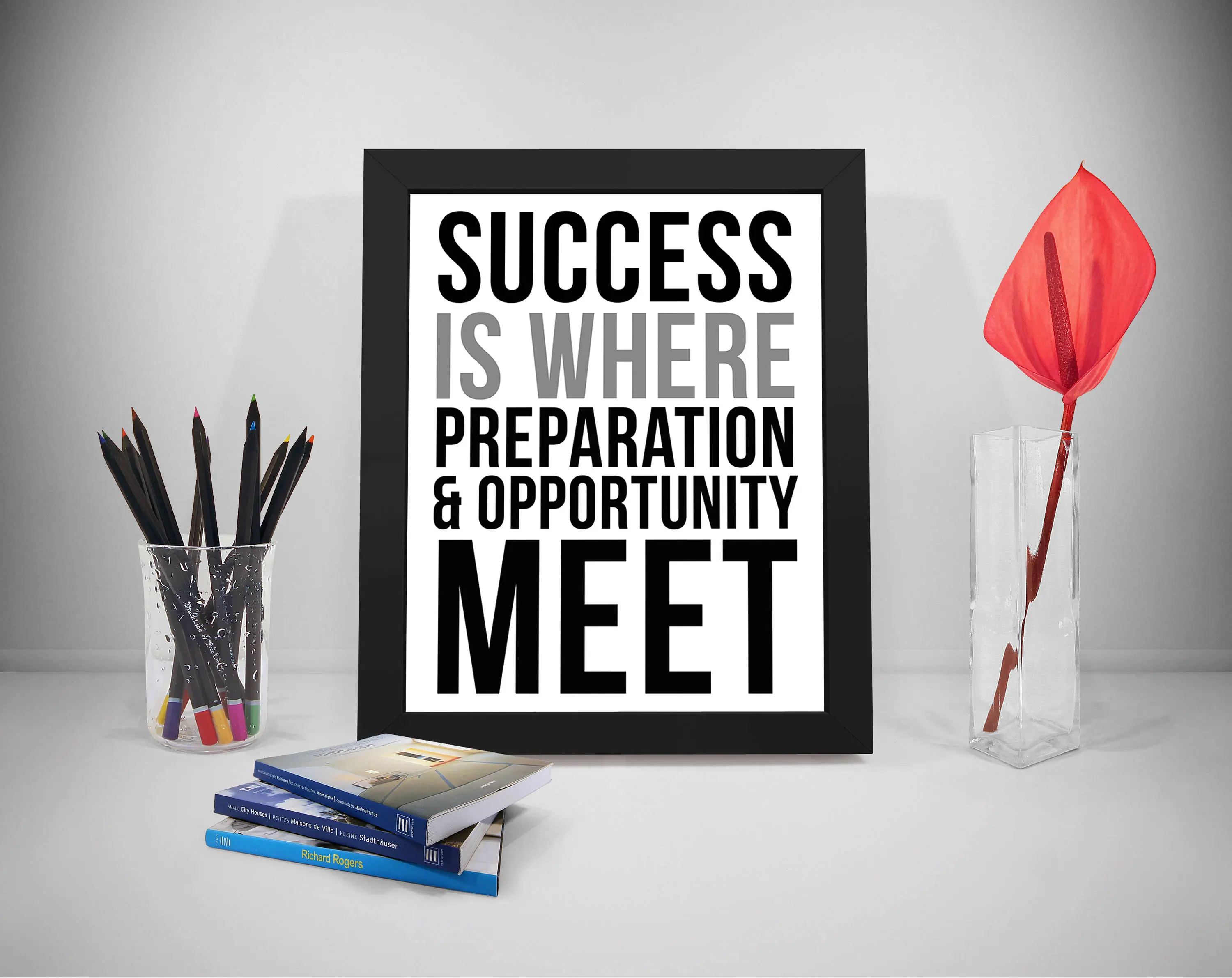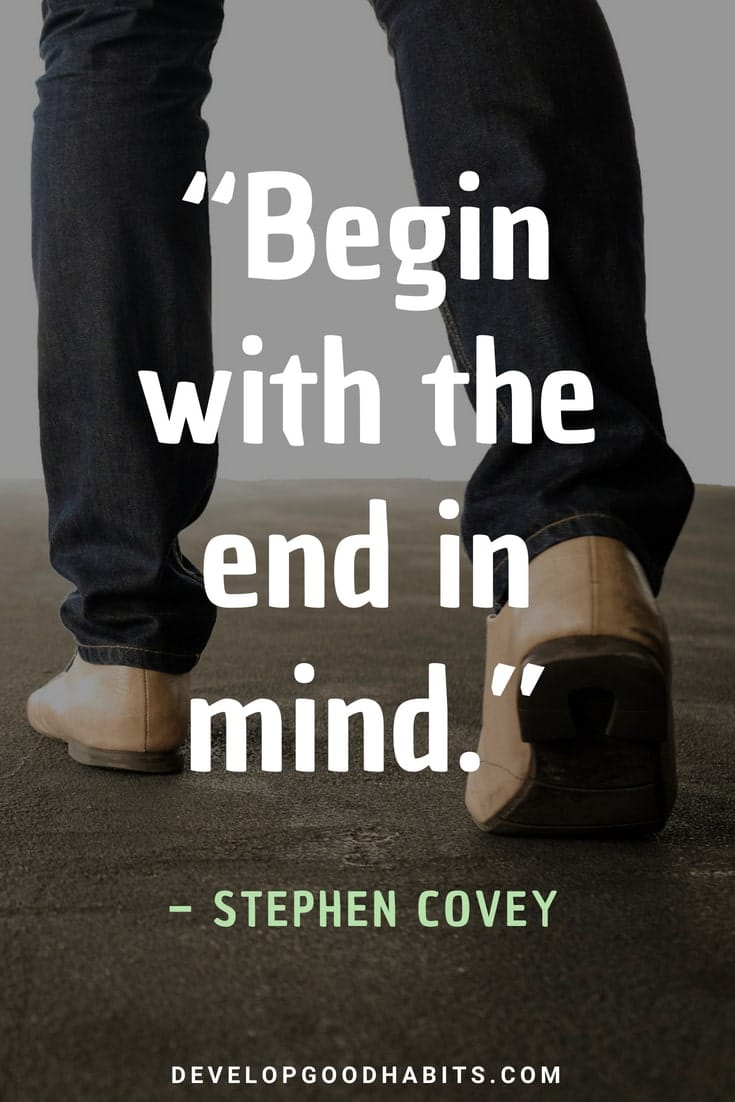Grades are important, but they aren’t everything. These are my thoughts on what else is needed to succeed in your first year of grad school.

“A goal without a plan is just a wish.” - Antoine de Saint-Expuréy, The Little Prince
When I finished undergrad, I swore I would never return to school. It’s not that I don’t like learning, it’s quite the contrary, but after 16 years of non-stop formal education, I was tired and wanted a change of pace. Little did I know the working world was so much harder than my parents and older relatives had led me to believe those past 22 years of my life.
Attending the MS Statistics program at Cal State East Bay (CSUEB) is actually my second attempt at a Masters program. After encouragement from a former partner that I should strive for more than working customer service roles, I hesitantly applied and was accepted into the MS Accounting program at San Jose State University (SJSU). My time at SJSU was short lived however, as I did not start the program with the proper mindset of what it would take to actually succeed in grad school or with any real goals in mind.
5 years later, being a goal-setting convert has been my saving grace as I knew going into my program at CSUEB what I wanted to get out of attaining my MS degree: a job – a very well paying job at that. I’d taken several statistics courses in undergrad and I’ve always been mathematically gifted so I figured an MS Stats program would be a great route to achieving my goal of getting a well-paying job perhaps in the Silicon Valley tech sector.

Anyways, enough about me. Here’s my major take-away for what is really necessary to at least make it through your first year of grad school, and hopefully all of them.
Set goals.
When starting a grad program, know exactly what your end goals are. If it’s to get a job, have that in the back of your mind at all times and make moves accordingly. If it’s to continue on to attain even higher education, you will also have to make sure you are setting and achieving goals along the way that will get you towards that goal.
Before I started my program, I had a vague idea of what my post-graduation career prospects would be after attaining my degree by visiting the Bureau of Labor Statistics to view the occupational outlook handbook for information about the economic outlook of becoming a statistician. In addition, I joined professional organizations in my field of interest to figure out what job opportunities currently existed as well as what is required to attain and succeed in those positions.
For those in statistics, some good organizations to start with are the American Statistical Association (ASA), the Institute of Mathematical Statistics (IMS), and the Caucus for Women in Statistics (CWS). With the exception of ASA, student membership in these organizations is free – ASA requires a $25 annual student membership fee, which isn’t too shabby in my opinion.

Network! Network! Network!
A lot of people think of networking as a dirty word – it brings to mind an exchange or transaction where individuals only interact with one another to fulfill their own career needs. This is far from the truth, at least in the case of myself and many others I believe. To me, networking is just building a connection with people, and getting to know people is never a bad thing as far as I’m concerned.
Getting to know your professors and in turn them getting to know you is an extremely crucial aspect of higher education, especially for those without prior work experience as your professors will most likely serve as references for your first job. Be sure to attend your professors’ office hours and get help when you need it. Also, let them know what you career goals are – your professors have access to their own network of colleagues and past students, and in most cases they are more than willing to help you attain your goals.
Show off your skills!
Your diploma will not ensure that you find gainful employment after you graduate or show that you are able to navigate the working world either. As a student, it’s very important to keep track of your accomplishments and show off your skills either through LinkedIn, a portfolio, or updating your resume, preferably all three. Be sure to highlight any leadership/volunteer roles you’ve taken on, coursework and projects that you are especially proud of, and any scholarships or awards that you’ve received.
As I mentioned in my previous post A Student’s Guide to GitHub, GitHub is a great home for a data science/ statistics portfolio. You can also show off your projects in LinkedIn posts – be sure to feature them at the top of your profile so they are easy for others to find as well as keep a catalog of your work/volunteer history and any awards you’ve received.
As for resumes, my personal strategy has been to update my resume at least bi-monthly. It can be tempting to wait until you are actively applying for jobs to update my resume but I assure you that it’ll be much more stressful to wait until then rather to do it bit by bit. Also, you never know when someone in your network will find an opportunity they think is a match for you and will need your resume to refer you.

Lastly, Have Fun!
This past year of my MS Stats program has been extraordinary, largely in part of the amazing friends I’ve made. What started out as a weekly study group turned into movie and dinner hangouts, birthday celebrations and even building our own student club, the Cal State East Bay American Statistical Association from the ground up. I honestly could not have survived this past year without the friendships that I’ve built and I am forever indebted to my classmates who I now consider my close friends.
Summary
In conclusion, my secrets to success have been setting goals for myself, networking, showing off my skills, and most importantly, having fun!
